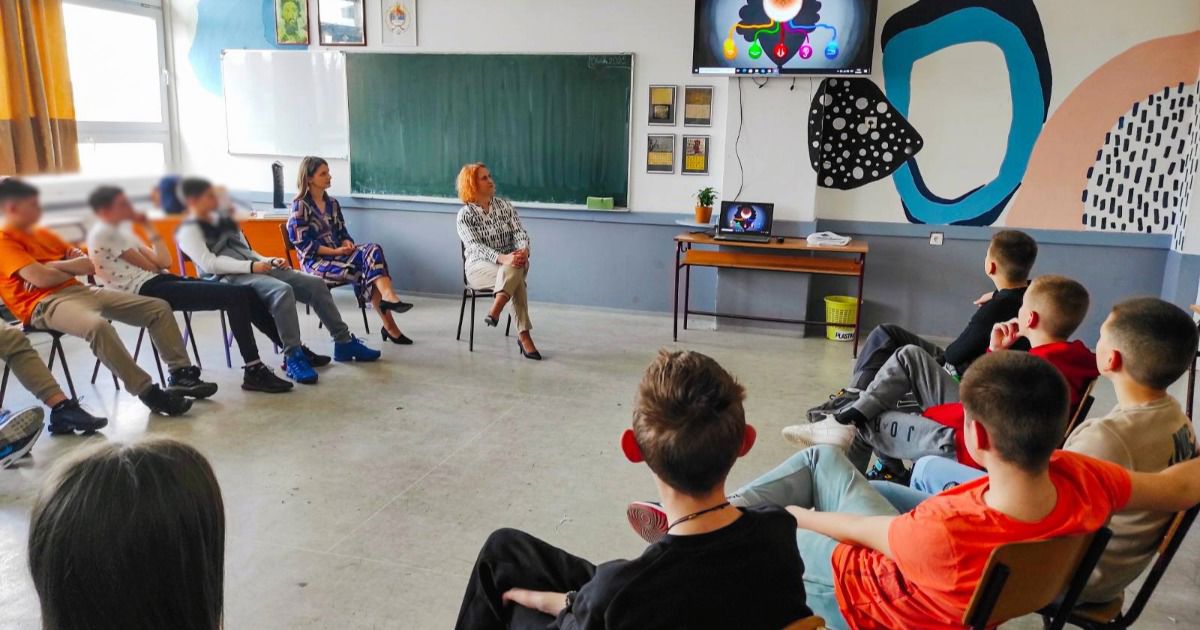
In the Republic of Srpska, children with developmental disabilities and their families face numerous obstacles in realizing their basic rights.
Although the legislative framework formally recognizes the rights of children with developmental disabilities — aligned with international conventions that Bosnia and Herzegovina has ratified and transposed — its implementation in practice is selective, often incorrect, and harmful. Rights such as caregiver allowances for parents, the right to a teaching assistant, access to daily care services, and adequate healthcare — instead of being guaranteed — depend on various unpredictable factors.
Parents of children with developmental disabilities often face rejection of their claims despite submitting proper documentation. Some of the most common problems include incorrect assessment of the severity of a child’s disabilities, the lack of clear criteria for obtaining caregiver status, and denial of entitlements due to misinterpretation of regulations.
As a result, many parents are left without support in the daily care of a child who requires full-time assistance. The consequences are severe — from financial exhaustion of families, through psychological pressure and social isolation, to the breakdown of family units.
Because of these challenges, the citizens’ association “Children of Light” from Banja Luka, together with partner organizations “Duga” from Gradiška, “Blue Balloon” from Prijedor, and “Different World” from Bijeljina, has launched a campaign advocating for systemic changes.
The campaign focuses on amending and improving the Law on Child Protection of the Republic of Srpska and related bylaws that regulate the rights of parent-caregivers and children with developmental disabilities.
"Parent-caregivers are unemployed parents of children with developmental disabilities who are fully dependent on the care and assistance of others and are 100% disabled. These parents could not possibly work even part-time, because their children require full-time intensive care and support. However, under the current legal framework in the Republic of Srpska, the right to a caregiver allowance is limited to the child’s 30th year of life — even though, at the age of 30, the child’s full dependence and 100% disability do not disappear." — stated the "Children of Light" Association.
Among the key goals of the campaign are:
elimination of the age limit up to which parents can claim the caregiver allowance,
an increase in the monthly allowance amount,
and a clear legal definition of "full-time care" in the bylaws.
Additionally, through strategic initiation of appeals and court cases, the campaign aims to create judicial practice that would oblige administrative authorities to properly and consistently apply the law.
"In the coming period, we will intensify our efforts in providing legal support to our beneficiaries, especially parent-caregivers, who are at the center of these activities. We therefore invite all parents of children with developmental disabilities who are encountering difficulties in exercising their right to caregiver status to contact us, so that we can assist them with free legal advice and support," stated the Association.
In a country that has committed itself to respecting international conventions on the rights of persons with disabilities, government responsibility must not remain merely declarative.
Through this campaign, decision-makers are being urged to undertake immediate and substantive reforms of the current legislation — because the rights of these children and their families must not be a matter of goodwill, but a systemic obligation.
The Association also invites citizens to a public forum that will be held on April 29, 2025, at the Youth Center in Banja Luka, starting at 5 PM, where participants will discuss ways to improve the position of children with developmental disabilities and parent-caregivers.




